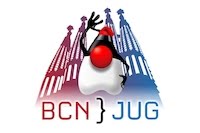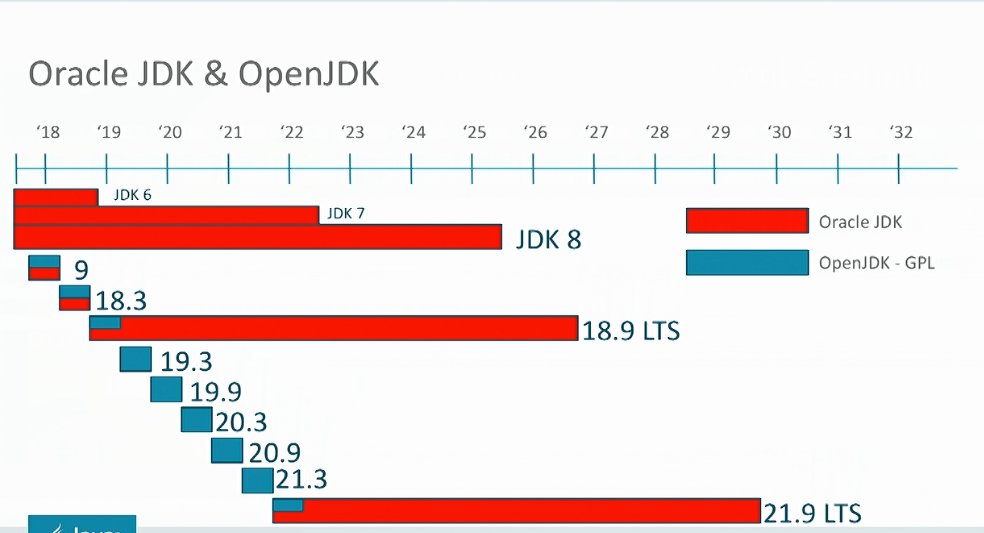Hola!
Ya estamos de nuevo a la carga con un nuevo evento (próximo 29/9) organizado en colaboración con la comunidad Hispana!
Desde España, e integrada con la primera conferencia Java en Galicia, el
XantarJ, el grupo de usuarios de Vigo en colaboración con el CoruñaJUG y el grupo local XantarDev serán los encargados de orientar (nuestra 4a sesión del año) en el mes de Septiembre de 2018:
Orquestación en Kubernetes para desarrolladores Java
Java 10 viene con muchas características necesarias para ejecutar aplicaciones JVM en Docker. El objetivo de este taller es desplegar una aplicación Java usando Docker & Kubernetes con los ajustes y límites de memoria y CPU adecuados.
En esta sesión, construiremos una imagen de Docker con una aplicación Java basada en el framework Netty. Esta aplicación tendrá un tamaño muy pequeño siguiendo las mejores prácticas de Docker y se aprovechará de Java Platform Module System (JPMS) presentado en la versión JDK 9. Desplegaremos la aplicación en Kubernetes y la escalaremos para demostrar cuán poderosa es hoy en día la JVM en conjunto con Docker y Kubernetes.
Luego expondremos las métricas de aplicaciones y JVM, que serán consumidas por
Prometheus, un sistema que registra datos de series temporales (telemetría) para monitorear y alertar, y usaremos
Grafana para consultar y generar métricas desde los pods de la aplicación.
Durante todo el workshop, descubriremos los errores más comunes al trabajar con Docker y la JVM y cómo evitarlos.
Únete a este evento,
reserva tu plaza y haz parte de las comunidades de habla hispana!
---
Si es posible trae tu laptop o equipo portátil para practicar con nosotros, tendremos 2 horas de sesiones técnicas y ejercicios prácticos.
Nivel: Principiantes
Tipo: Taller
Duración: 2 horas
Preparación del taller:
- Instalación de Docker o Docker Toolbox - https://www.docker.com/community-edition
- Instalación de VirtualBox - https://www.virtualbox.org/
---
Agenda
---
17:00 - 17:05: Saludo de bienvenida (VigoJUG)
17:05 - 17:15: Presentación Workshop
17:15 - 18:45 Workshop Kubernetes
18:45 - 19:00 Cierre (CoruñaJUG)
19:00 -19:30 Reunión local cada JUG
---
Speakers
---
José Corral: José ha participado en despliegues de Kubernetes en producción desde 2016 (Versión 1.2 de Kubernetes), su día a día consiste en ayudar a aterrizar y asentar despliegues de Kubernetes en equipos y empresas de distintos tamaños y ámbitos
Antón Rodríguez Yuste: Antón es Director Técnico de Optare Solutions, consultora con sede en España y México, y co-organizador de los JUGs de Vigo y A Coruña, además de unos de los organizadores de XantarJ, la mayor conferencia Java de Galicia.
Ismael Hassan: Tras algunos años con la Universidad de La Coruña haciendo desarrollos de Recuperación de Información, Ismael trabajó en Holanda y Abu Dhabi para, finalmente, incorporarse a Elastic donde trabaja como Ingeniero de Soporte desde Coruña, ciudad en la que además co-organiza el Java User Group.
---
La comunidad Hispana
---
Los grupos de usuarios de Java de España y Latinoamérica nos hemos unido para compartir conocimientos. Empezando en febrero del 2018 nos hemos ido reuniendo cada 2 meses para realizar talleres sobre temas de tecnología de gran interés en nuestras comunidades.
Entre otras comunidades formamos parte los grupos: Cali JUG, Chile JUG, Coruña JUG, Ecuador JUG, Guate JUG, Madrid JUG, Málaga JUG, Medellín JUG, Nicaragua JUG, Panamá JUG, Perú JUG, Vigo JUG y claro, Barcelona JUG ;-)






























